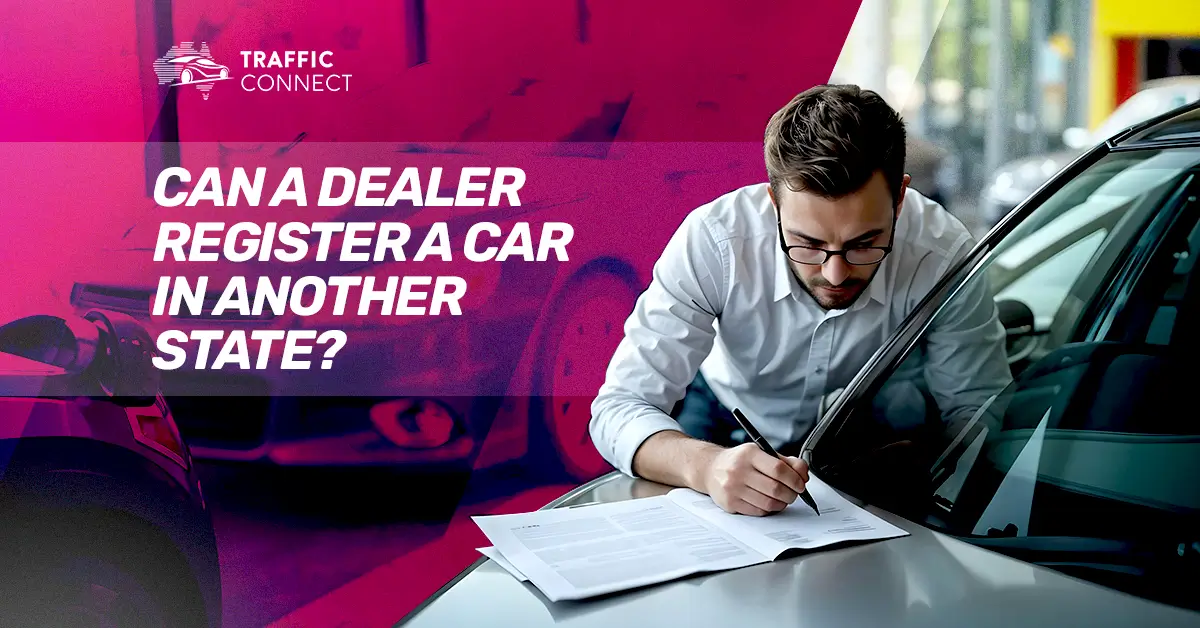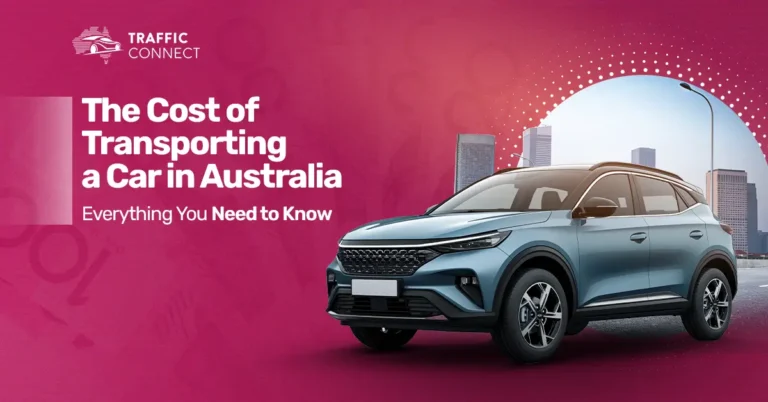Hey, fellow car dealers! If you’ve ever scratched your head wondering Can a Dealer Register a Car in Another State for a client? Or if you’re trying to expand your business across state lines, this blog is for you. We’re diving deep into the intricacies of interstate vehicle registration in Australia, where laws can vary as much as the car models we sell.
The Big Picture: Interstate Registration Laws in Australia
First off, let’s get one thing straight: yes, a dealer can register a car in another state, but it’s not as simple as clicking a button. Each state has its own set of rules, and understanding these can save you, and your clients, a lot of hassle and potential fines. Let’s break it down by state to keep things clear.
New South Wales (NSW)
In NSW, if you’re buying or selling a car to someone from another state:
For Sellers: You must provide a Notice of Disposal to the Roads and Maritime Services (RMS).
For Buyers: If you’re a dealer in another state dealing with a NSW car, you’ll need to get a “blue slip” (vehicle identity check) before you can register the car in the new state.
The process involves ensuring the car complies with NSW roadworthy standards before it can be legally moved. If you’re moving the car yourself, an Unregistered Vehicle Permit is necessary for transportation.
Victoria (VIC)
Victoria has similar but nuanced rules:
Dealers: If you’re selling to someone from outside Victoria, you must cancel the registration in Victoria, which includes returning the plates.
Buyers: You’ll need to apply for registration in the new state within 14 days. Here, you’ll also need a roadworthy certificate if the vehicle is over 5 years old.
Remember, if you’re shipping a car from Victoria, you might need a temporary permit to move it legally.
Queensland (QLD)
Selling: You’ll need to notify the Department of Transport and Main Roads (TMR) about the sale.
Buying: If you’re outside QLD, you’ll need to get the car inspected for a safety certificate before registration in Queensland.
The good news for dealers is that Queensland allows dealers to handle registration, but interstate transactions can require additional steps or documentation.
South Australia (SA)
Selling: Cancel or transfer the registration in SA.
Buying: If you’re a buyer or dealer from another state, you have up to 3 months to register the vehicle in SA after purchase. An inspection is necessary for this process.
SA provides a bit more flexibility with the 3-month grace period, but don’t let that become a headache for your clients.
Western Australia (WA)
Selling: Cancel the registration with the Department of Transport.
Buying: Transfer needs to happen within 14 days, with a roadworthiness check being mandatory.
WA’s process is straightforward but requires dealers to be proactive in managing the paperwork, especially for interstate deals.
Tasmania (TAS) and Australian Capital Territory (ACT)
Both states follow similar procedures where you need to cancel registration in the original state and get a new registration in the state where the vehicle will be kept.
An inspection might be needed, and you’ll need to act quickly to avoid penalties.
Northern Territory (NT)
Like other states, NT requires deregistration in the original state, but the inspection process can be slightly less stringent if the vehicle recently passed another state’s inspection.
Answer to Can a Dealer Register a Car in Another State
- Understand the State Laws: Each state’s transport department website is your best friend here. Bookmark them!
- Documentation: Always have the following ready:
- Proof of identity
- Proof of purchase or sale
- Vehicle registration details
- Safety or roadworthy certificates if required
- Inspection: If the car needs a roadworthy check in the new state, either arrange it before the car leaves or inform the buyer of their responsibility.
- Cancellation/Transfer: Cancel the registration in the state where the vehicle was registered. In some cases, this can be done online, in others, it’s paperwork at the local transport office.
- Temporary Registration: If the car is being driven interstate, consider getting a temporary permit or ensure the buyer is aware they need one.
- Communication: Keep clear lines of communication with your client. Interstate dealings mean more back-and-forth than usual.
- Fee Awareness: Be mindful of the fees involved, which can differ significantly between states. Advising your clients on this can be part of your service.
Challenges of Registering a Car in Another State in Australia as a Dealer
Registering cars across states can be complex for dealers due to varying regulations, logistical hurdles, and customer expectations. Here are the key challenges and solutions:
- Varying State Regulations: Each state has unique rules for vehicle registration, including inspections, fees, and documentation.
- Inspection Standards: Roadworthy inspections differ across states and can cause delays if requirements are unmet.
- Documentation Challenges: Incomplete or incorrect paperwork often leads to delays and rejections.
- Vehicle Transportation: Interstate transport of vehicles for registration can be costly and logistically challenging.
- Managing Customer Expectations: Customers may expect quick processing without understanding interstate complexities.
- Costs and Legal Compliance: Registration involves varying fees, duties, and legal considerations across states.
Tips for Smoother Transactions
- Use Digital Tools: Many states offer online services for registration, which can speed up the process.
- Network with Local Dealerships: Sometimes, having a contact in the destination state can help smooth out procedural kinks.
- Educate Your Clients: The more your clients know about what to expect, the less likely they are to be frustrated with the process.
- Plan for Logistics: If shipping is involved, get quotes early and understand the process.
Legal Considerations
Compliance: Ensure all legal and regulatory requirements are met to avoid fines or legal issues.
Insurance: Advise clients on the need for CTP insurance which must be current in the state of registration.
Taxation: Stamp duty and registration fees can vary, and sometimes, these are based on where the car is registered, not sold.
Conclusion
Registering a car in another state as a dealer involves navigating a patchwork of state-specific regulations. While it’s possible, it demands attention to detail, patience, and a good understanding of each state’s requirements. The key is to plan, communicate effectively with your clients, and leverage the resources available online from each state’s transport authority.
By mastering this process, you not only expand your business capabilities but also enhance your reputation as a dealer who can handle complex transactions with ease. Here’s to making more sales across state lines without the headaches!







